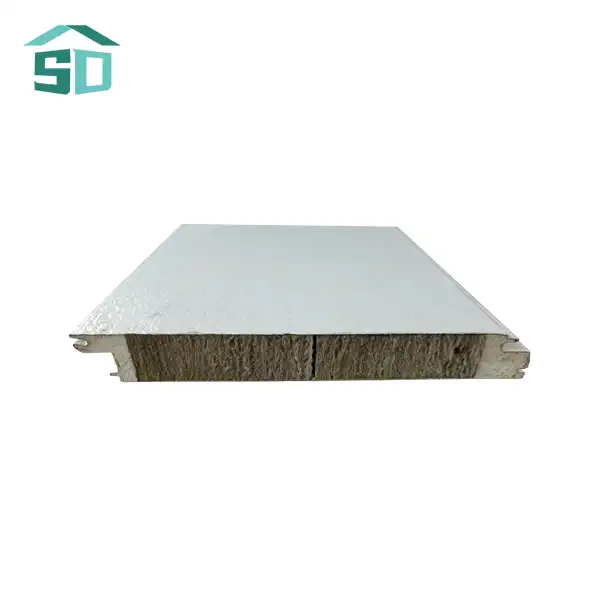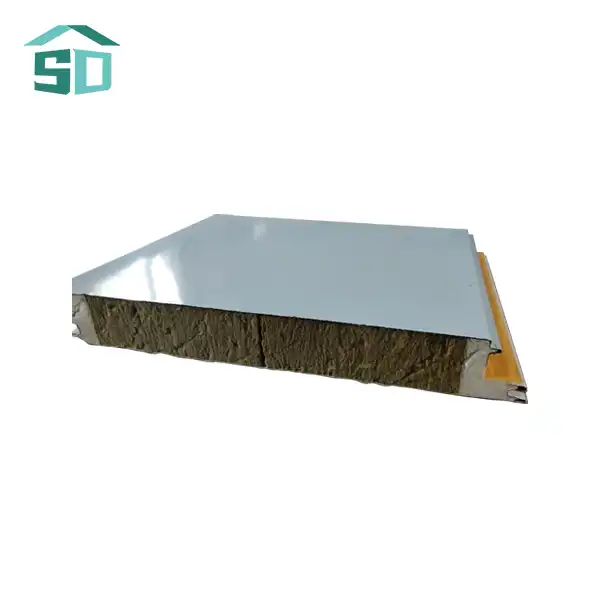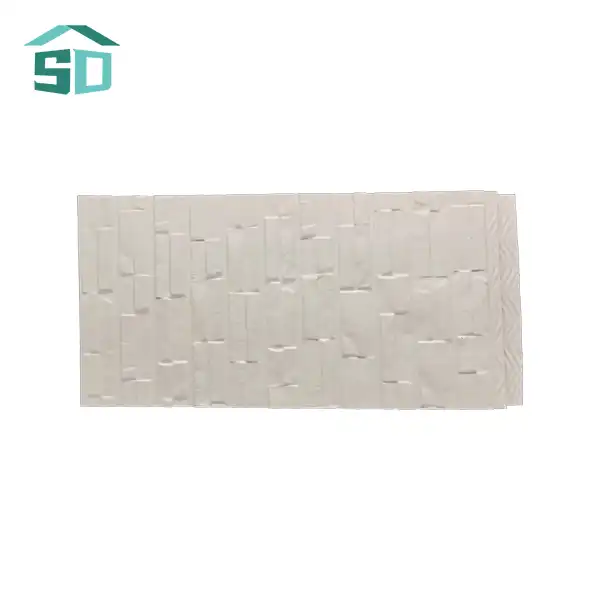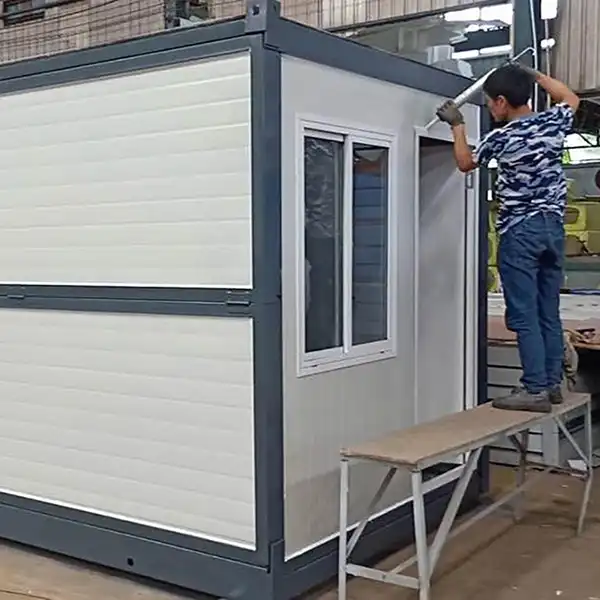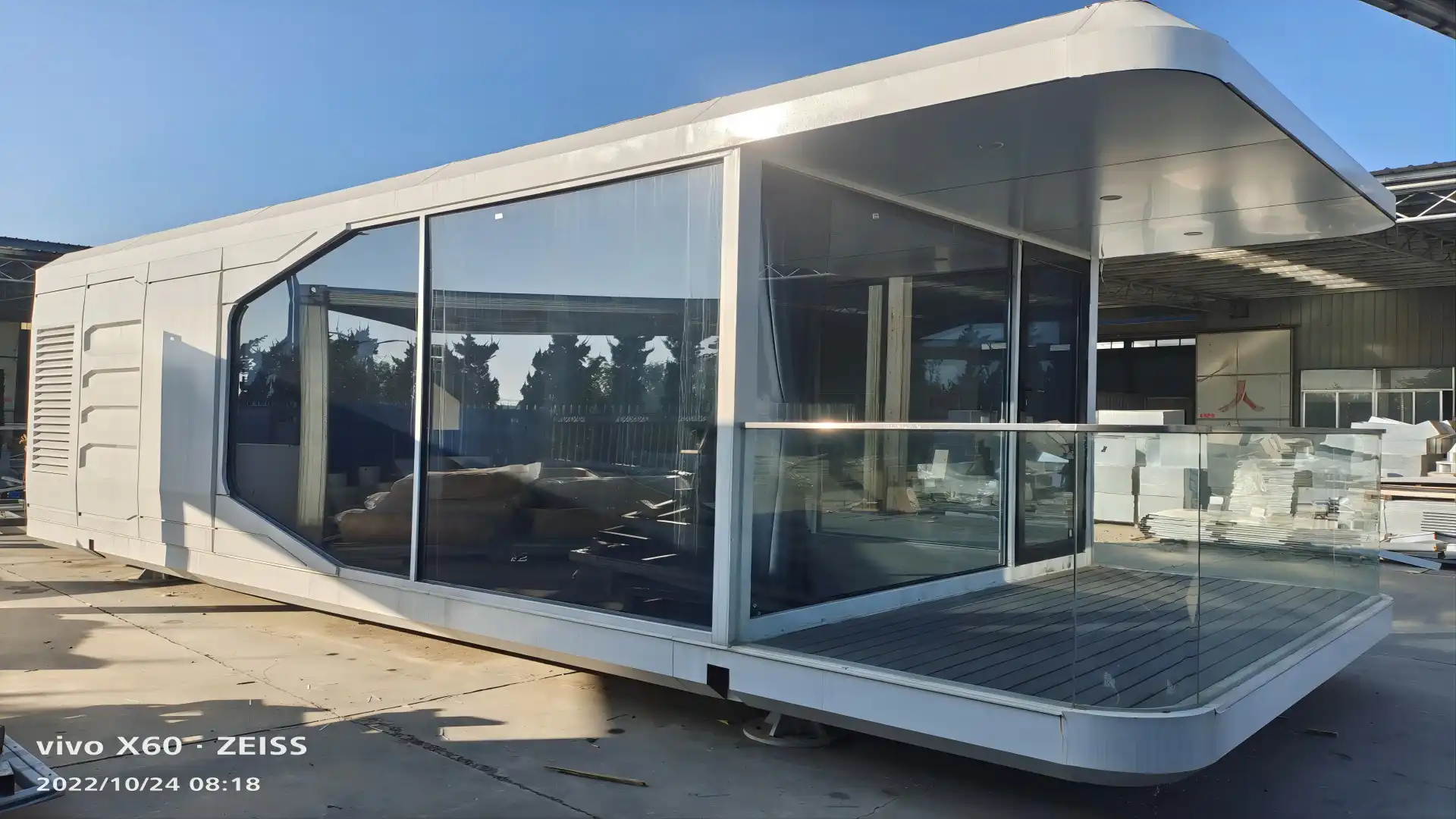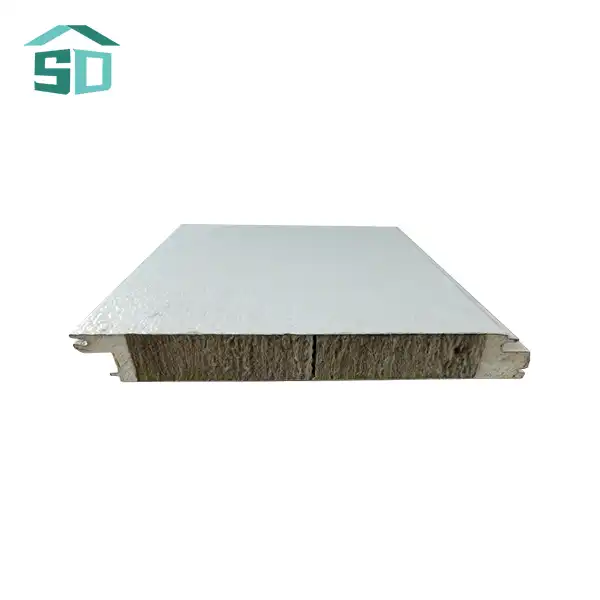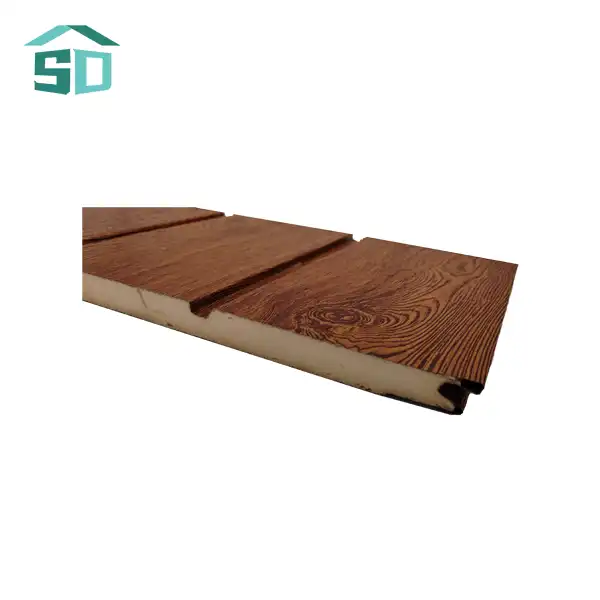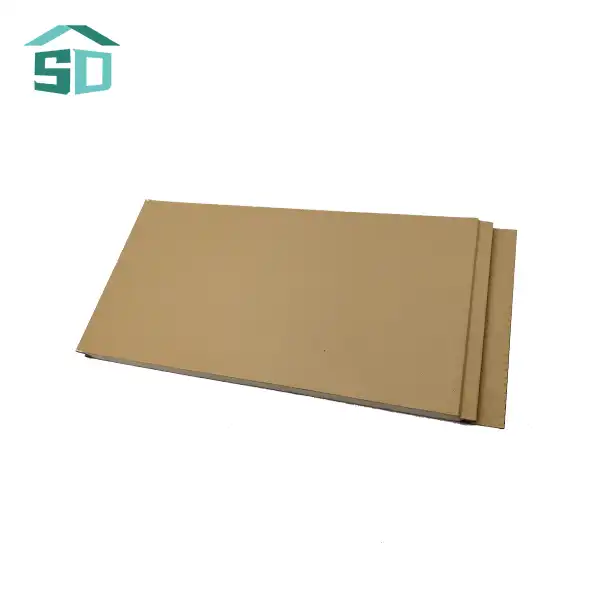Understanding the Benefits of Thermal Insulation Panels
Thermal insulation panels have transformed the construction field by providing a wide range of advantages that conventional insulation techniques often cannot achieve. These panels are designed to provide superior thermal resistance, effectively minimizing heat transfer between the interior and exterior of a building. This exceptional insulation capability translates to significant energy savings, as heating and cooling systems don't need to work as hard to maintain comfortable indoor temperatures.
One notable advantage of premium thermal insulation panels is their strong fire-resistant nature. Rated B1/B2 for fire protection, these panels help improve building safety by reducing fire risks and slowing flame spread. Their non-combustible quality is especially important in both homes and commercial buildings, where ensuring fire safety is a top priority. This feature provides added security and confidence for occupants and property owners alike.
Moreover, thermal insulation panels boast impressive durability. Their corrosion-free design ensures resilience against environmental degradation, extending the lifespan of the building envelope. With a waterproof rate of 0.0008 and wind resistance of 8.0 Kpa, these panels provide robust protection against various weather conditions, maintaining their integrity and performance over time.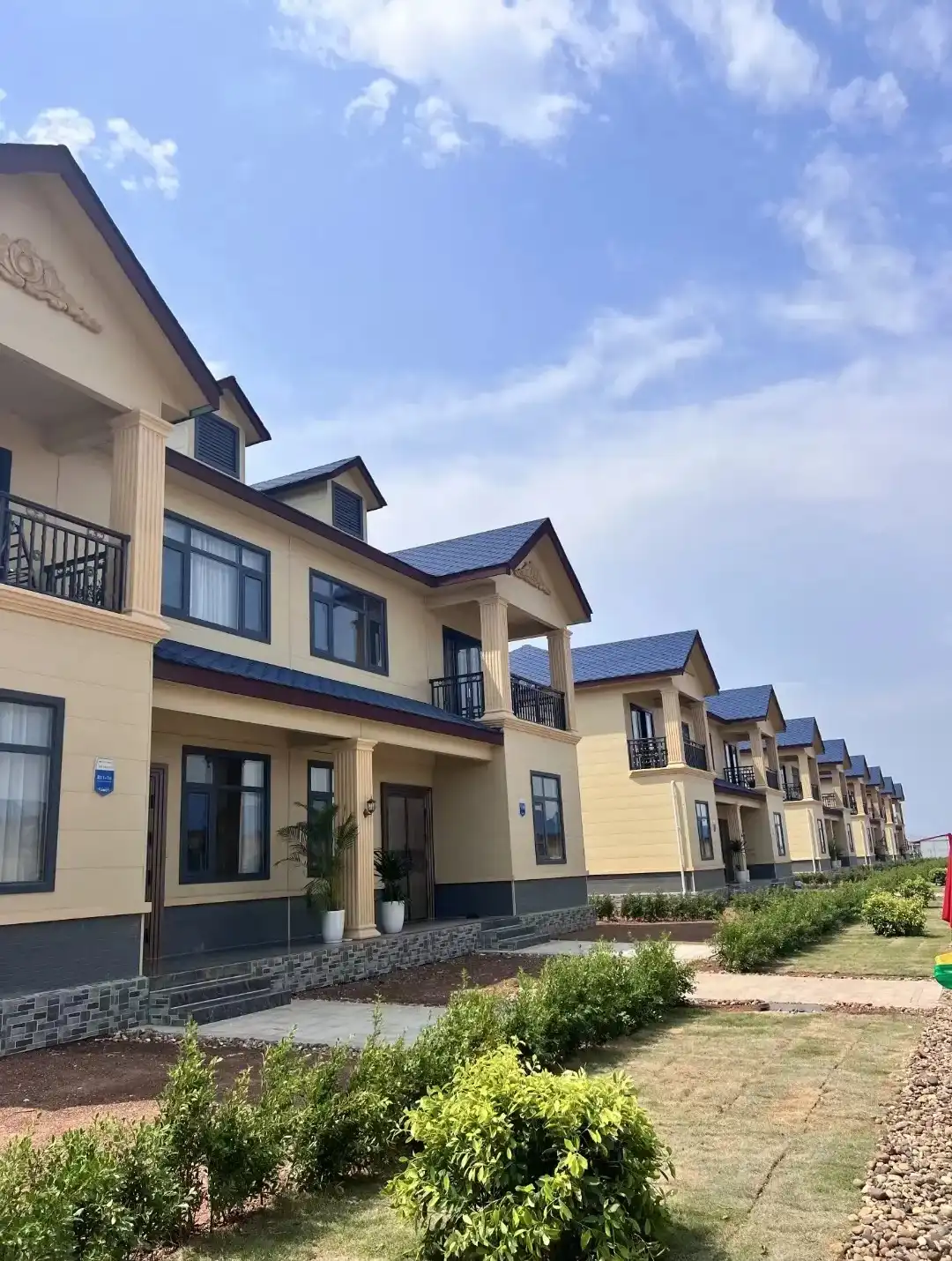
Energy Efficiency and Cost Savings
The energy efficiency of thermal insulation panels is truly remarkable. With a thermal conductivity of 0.018W/m.k and thermal resistance of 2.09m2k/w, these panels create an exceptionally effective barrier against heat transfer. Such strong insulation helps cut down energy use for heating and cooling, resulting in significant cost savings throughout the building's lifespan.
Moreover, although thermal insulation panels may require a higher upfront cost, they often quickly make up for it by cutting energy expenses and lowering maintenance needs. Over time, these savings add up, making the panels a cost-effective choice. This makes them appealing not only for new buildings but also for upgrading older structures to improve efficiency and comfort.
Versatility and Customization Options
Thermal insulation panels are highly versatile, fitting many types of buildings and styles. They can be customized for everything from apartments and office buildings to villas and historic restorations. With options to adjust colors and patterns, architects and designers can create the exact look they want without losing any of the panels' performance benefits.
The dimensional flexibility of thermal insulation panels further enhances their adaptability. With customizable lengths and varying thicknesses (10mm for interior use, 16mm/20mm for exterior applications), these panels can be precisely fitted to meet specific project requirements. The width options of 383mm for exterior panels and 450mm for interior panels provide additional versatility in installation and design.
Material Quality and Performance
The high performance of thermal insulation panels mainly stems from the premium materials selected during their production. The surface materials, available in thicknesses of 0.23mm, 0.25mm, and 0.27mm, are carefully selected to ensure durability and aesthetic appeal. The compressive strength of 52.7kpa demonstrates the panels' ability to withstand significant loads without compromising their insulative properties.
Modern production facilities and thorough quality control procedures ensure every panel consistently meets strict performance and reliability benchmarks. Detailed inspections assess multiple factors such as the panel's thickness, coating thickness, mechanical durability, fire resistance, and visual quality. This comprehensive evaluation process guarantees that each product upholds high standards, providing customers with reliable, durable panels that perform well in various conditions while maintaining an attractive appearance over time.
Installation Process and Considerations
The installation of thermal insulation panels is designed to be straightforward, contributing to faster construction times and reduced labor costs. However, to achieve optimal results, it's recommended to consult with professionals experienced in working with these advanced materials. The installation process typically involves several key steps:
1.Preparation:Ensuring the surface is clean, dry, and free of debris is crucial for proper adhesion and performance.
2.Layout Planning: Careful planning of the panel layout according to design specifications helps maximize efficiency and aesthetic appeal.
3.Cutting: Using appropriate cutting tools, panels are trimmed to the required size, allowing for a precise fit.
4.Attachment: Panels are securely fastened using mechanical fasteners or adhesives, depending on the specific project requirements.
5.Sealing: Applying sealant around the edges prevents moisture ingress and ensures a tight, energy-efficient fit.
Proper installation is key to maximizing the benefits of thermal insulation panels. When correctly installed, these panels create a continuous insulation barrier that significantly enhances the building's thermal performance and energy efficiency.
Long-term Performance and Maintenance
One notable benefit of high-quality thermal insulation panels is that they require very little upkeep. The durable materials and robust construction mean that these panels can maintain their performance characteristics over extended periods with minimal intervention. Regular visual inspections and addressing any potential issues promptly can help ensure the longevity and continued effectiveness of the insulation system.
Conclusion
Thermal insulation panelsoffer a modern and effective way to enhance energy efficiency, indoor comfort, and visual appeal in today's construction projects. Their strong performance, adaptability to different building styles, and straightforward installation process make them suitable for various applications. As sustainable building practices become more widespread, these panels are expected to play a key role in future construction trends, supporting long-term environmental and energy goals.
For more information on how thermal insulation panels can enhance your next construction project or to explore our range of exterior cladding and facade solutions, please don't hesitate to contact us at info@sdqsc.com. Our team of experts is ready to help you discover the perfect insulation solution for your needs.
